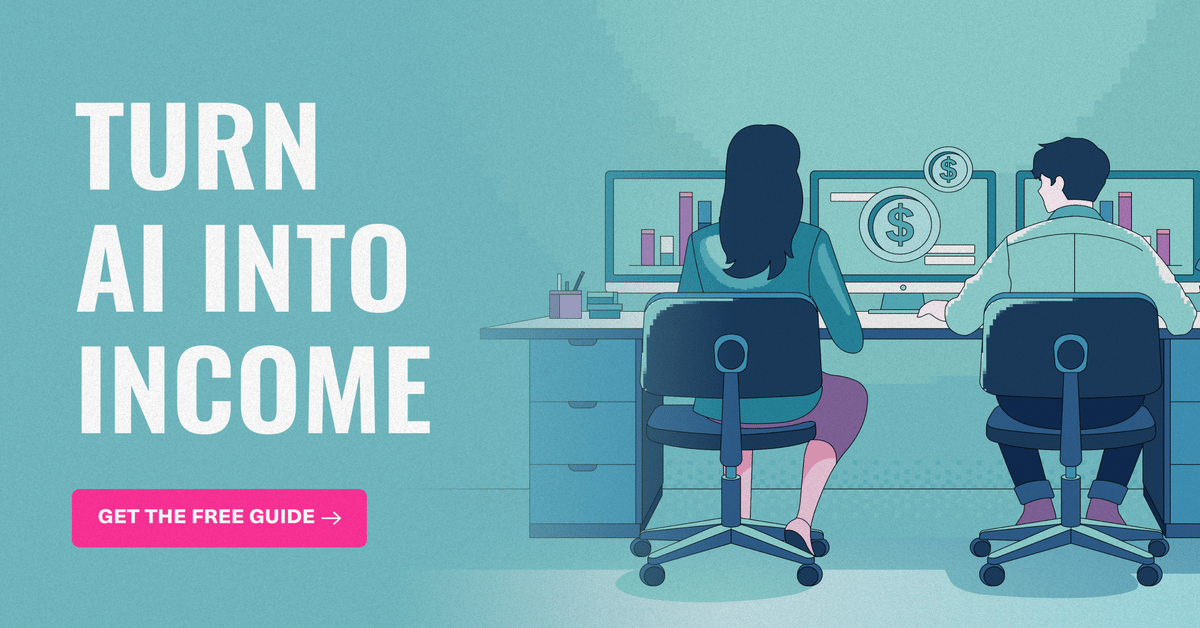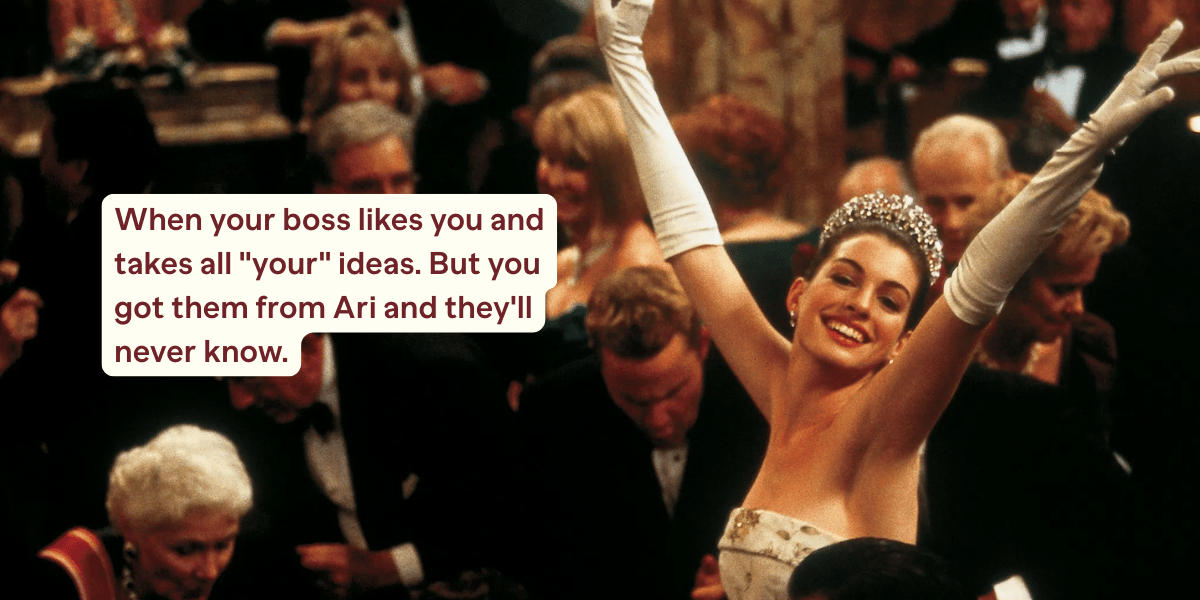- AtlasMoth Newsletter
- Posts
- All About UX: Part 2
All About UX: Part 2
Designing the Pause

Turn AI Into Your Income Stream
The AI economy is booming, and smart entrepreneurs are already profiting. Subscribe to Mindstream and get instant access to 200+ proven strategies to monetize AI tools like ChatGPT, Midjourney, and more. From content creation to automation services, discover actionable ways to build your AI-powered income. No coding required, just practical strategies that work.
Hey, it’s Kushagra. Welcome to this week’s AtlasMoth drop.
Everyone designs for flow. Few designs for the pause.
We talk about speed, efficiency, and frictionless journeys, but what about the moments in between?
The silences? The breath between clicks?
That’s where calm design lives.
💬 Building for people beyond borders? Book a call to explore more
Vibing While DesigningThis track gave me a serious boost—check out ‘Contour’ by Tatami Construct🎵 |
The rhythm of attention
In music, silence is as important as sound.
In film, pacing builds emotion.
And in design, pauses build trust.
A good product breathes. It’s not always rushing you forward. It slows down when it needs to. It lets you rest, reflect, or anticipate.
That rhythm between doing and waiting creates flow.
Spotify fades out tracks gently.
The Calm app lingers between screens, syncing to your breathing pace.
Apple’s setup animations slow you down intentionally, framing each step as a moment, not a task.
These pauses are not delays. They’re designing empathy.

Rhythm of attention
Why speed kills emotion
In our obsession with optimization, we’ve equated speed with satisfaction.
But faster isn’t always better.
When everything happens instantly, anticipation dies, and so does meaning.
Think about photography. Film forced patience. Waiting for prints made moments feel precious. Now we snap, swipe, forget.
Instant gratification removes reflection.
Design that slows you down just slightly invites awareness.
That’s why some apps deliberately create gentle pauses before rewards. It builds weight, rhythm, and story.
Designing calm
Calm design doesn’t scream for attention. It rewards it.
It respects sensory load. It gives you breathing room between interactions.
It uses whitespace, motion, and rhythm as emotional tools.
Think of Notion’s clean layouts or Figma’s smooth cursor transitions.
Nothing feels rushed. Everything lands softly.
That’s pause, by design.

Time is not objective in your head
The art of slowing down
Designers are not just architects of interaction, they’re choreographers of attention.
They decide when to move fast and when to breathe.
Because when everything is instant, we stop feeling.
But when moments unfold with space, rhythm, and anticipation, we remember them.
Sometimes, good design doesn’t accelerate.
It slows the world down just enough to feel it.

Art of slowing down
Your Boss Will Think You’re an Ecom Genius
Optimizing for growth? Go-to-Millions is Ari Murray’s ecommerce newsletter packed with proven tactics, creative that converts, and real operator insights—from product strategy to paid media. No mushy strategy. Just what’s working. Subscribe free for weekly ideas that drive revenue.
Learn AI in 5 minutes a day
What’s the secret to staying ahead of the curve in the world of AI? Information. Luckily, you can join 1,000,000+ early adopters reading The Rundown AI — the free newsletter that makes you smarter on AI with just a 5-minute read per day.
30 Minutes Can Save YouGreat design doesn’t happen alone. One session can save you 10+ design iterations later. |
The takeaway
Speed may impress, but rhythm builds trust.
Design that breathes that slows you down just enough to notice, to feel, creates
emotional resonance.
Every pause is a chance to let users settle, reflect, and reconnect with intent. The best design doesn’t rush people through. It walks with them.








Reply